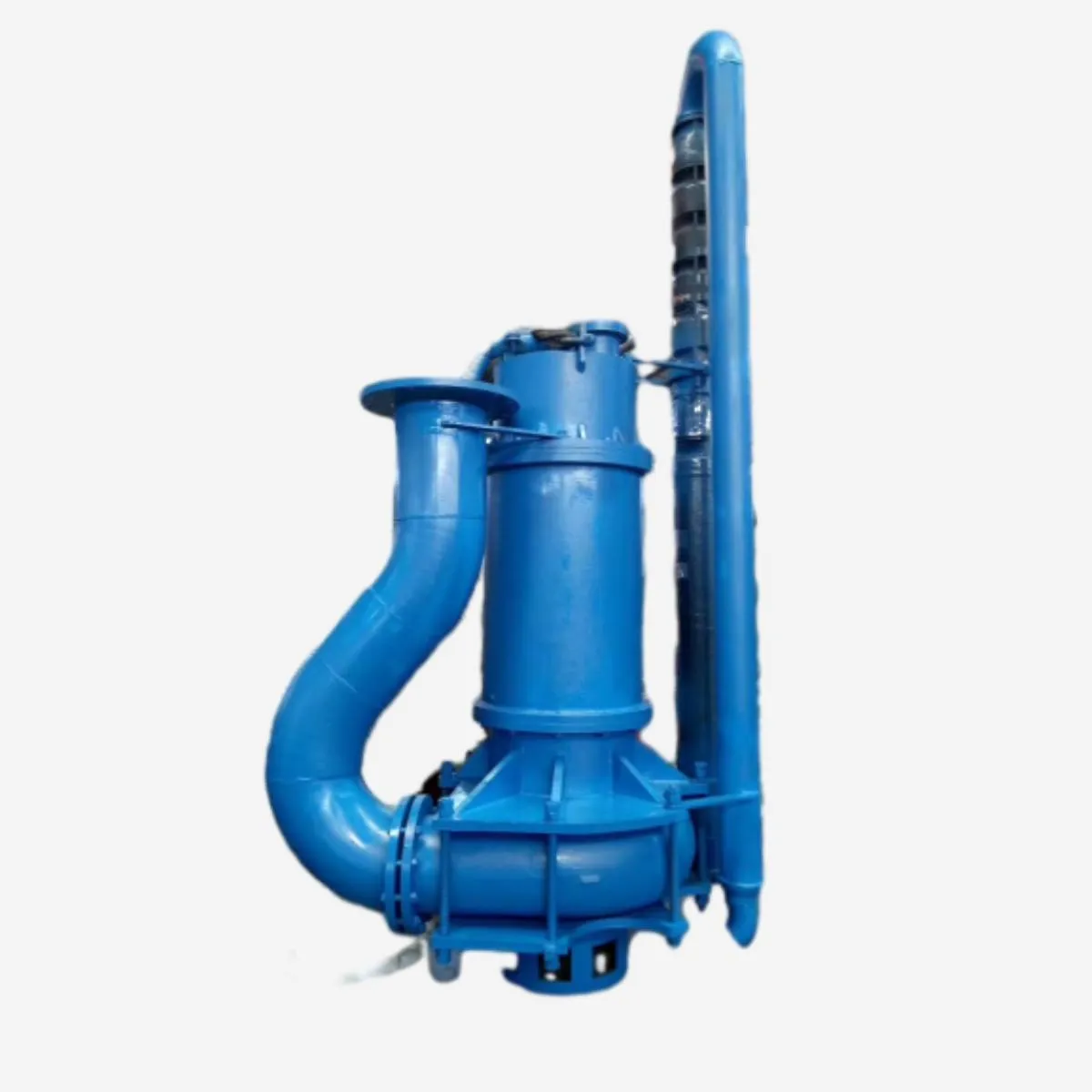Sundanese
- Afrikaans
- Albanian
- Amharic
- Arabic
- Armenian
- Azerbaijani
- Basque
- Belarusian
- Bengali
- Bosnian
- Bulgarian
- Catalan
- Cebuano
- Corsican
- Croatian
- Czech
- Danish
- Dutch
- English
- Esperanto
- Estonian
- Finnish
- French
- Frisian
- Galician
- Georgian
- German
- Greek
- Gujarati
- Haitian Creole
- hausa
- hawaiian
- Hebrew
- Hindi
- Miao
- Hungarian
- Icelandic
- igbo
- Indonesian
- irish
- Italian
- Japanese
- Javanese
- Kannada
- kazakh
- Khmer
- Rwandese
- Korean
- Kurdish
- Kyrgyz
- Lao
- Latin
- Latvian
- Lithuanian
- Luxembourgish
- Macedonian
- Malgashi
- Malay
- Malayalam
- Maltese
- Maori
- Marathi
- Mongolian
- Myanmar
- Nepali
- Norwegian
- Norwegian
- Occitan
- Pashto
- Persian
- Polish
- Portuguese
- Punjabi
- Romanian
- Russian
- Samoan
- Scottish Gaelic
- Serbian
- Sesotho
- Shona
- Sindhi
- Sinhala
- Slovak
- Slovenian
- Somali
- Spanish
- Sundanese
- Swahili
- Swedish
- Tagalog
- Tajik
- Tamil
- Tatar
- Telugu
- Thai
- Turkish
- Turkmen
- Ukrainian
- Urdu
- Uighur
- Uzbek
- Vietnamese
- Welsh
- Bantu
- Yiddish
- Yoruba
- Zulu
Telephone: +86 13120555503
Email: frank@cypump.com
Nov . 16, 2024 15:57 Back to list
Innovative Slurry Pump Solutions for Africa’s Diverse Industrial Needs
Africa Slurry Pump Solutions Meeting the Challenges of Industry
In the diverse and challenging landscapes of Africa, the need for efficient and reliable slurry pump solutions has never been more critical. As industries such as mining, agriculture, and wastewater treatment expand, the demand for robust, high-performance pumps capable of handling abrasive and viscous materials continues to grow. This article explores the significance of slurry pump solutions in Africa's industrial landscape and highlights key factors to consider in selecting the right pump for specific applications.
Understanding Slurry Pumps
Slurry pumps are designed to transport a mixture of liquid and solids, commonly known as slurry. This mixture can vary significantly, from fine slurries found in mineral processing to heavy, abrasive slurries encountered in coal mining. Given the challenging nature of these applications, slurry pumps must be robust, durable, and capable of operating in extreme conditions.
The Role of Slurry Pumps in African Industries
1. Mining Industry Africa is rich in natural resources, making mining one of the continent's most significant economic sectors. Slurry pumps are crucial for transporting mined materials, such as coal, gold, and diamonds, through various stages of processing. The ability to handle high solids content and varying particle sizes ensures efficiency and minimizes downtime.
2. Agriculture In regions where irrigation is vital for crop production, slurry pumps are employed to manage irrigation water mixed with fertilizers or pesticides. They play a key role in ensuring that vital nutrients reach crops efficiently, thereby improving agricultural productivity.
3. Wastewater Management Many African cities are facing challenges related to waste management and sanitation. Slurry pumps are essential in wastewater treatment plants, where they help transport sludge and other solid-laden liquids for processing and disposal. Effective waste management is critical for public health and environmental protection.
africa slurry pump solutions

Key Considerations for Selecting Slurry Pumps
When selecting slurry pumps, several factors must be considered to ensure optimal performance
1. Material Compatibility The materials used in constructing the pump should be compatible with the slurry being pumped. This includes resistance to corrosion, erosion, and wear, especially when dealing with abrasive materials.
2. Pump Design Different applications may require different pump designs. Centrifugal pumps are popular for most slurry applications, but diaphragm pumps may be more suitable in specific scenarios where the slurry is highly viscous or contains large solids.
3. Capacity and Efficiency The pump's capacity must match the volume of slurry to be conveyed, while efficiency is crucial for minimizing operational costs. A well-selected pump can lead to significant savings in energy consumption and maintenance.
4. Support and Service Given the remote locations of many industrial sites in Africa, it is essential to choose a supplier that offers excellent support and service. Quick response times and access to spare parts can significantly reduce downtime and operational disruptions.
Conclusion
As Africa continues to industrialize, the importance of effective slurry pump solutions cannot be overstated. By focusing on the unique needs of industries such as mining, agriculture, and wastewater management, businesses can enhance productivity and sustainability. With advancements in technology and materials, slurry pumps will continue to evolve, providing Africa with the tools needed to overcome its industrial challenges. The future holds promise not just for the industry but also for the communities that thrive on its success.
-
China Small Slurry Pump Manufacturer - High Efficiency Small Centrifugal Slurry Pumps for Mining & Industry
NewsJun.24,2025
-
Custom Drilling Mud and Slurry Pump Supplier - High Efficiency, Tailored Solutions
NewsJun.10,2025
-
Supply Vertical Submersible Sewage Pump High-Efficiency WQ/QW Pumps Supplier
NewsJun.10,2025
-
Premium Sewage Ejection System & Pumps Efficient Waste Removal
NewsJun.09,2025
-
Premium Wholesale Slurry Pump Impellers Durable & Efficient Slurry Handling
NewsJun.09,2025
-
Top Sewage Pump Companies Durable Industrial Solutions for Efficiency
NewsJun.09,2025










